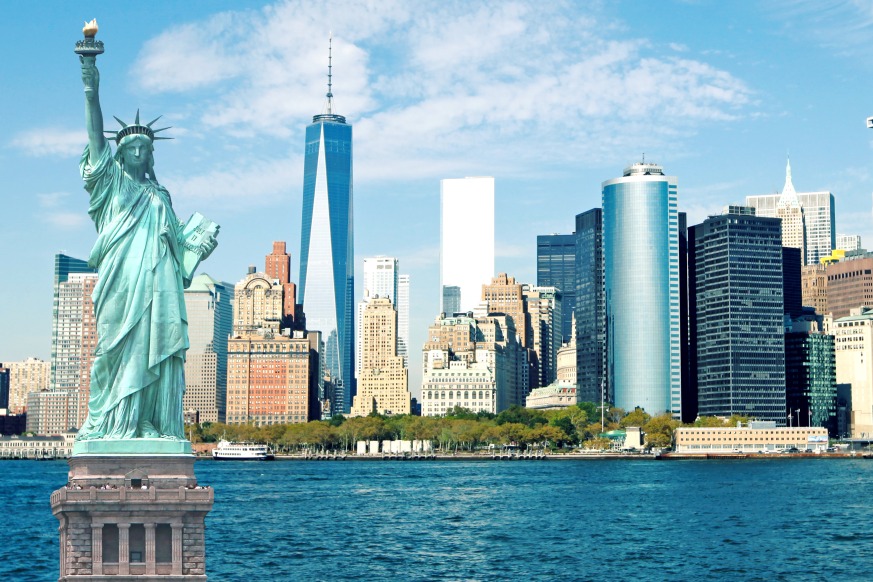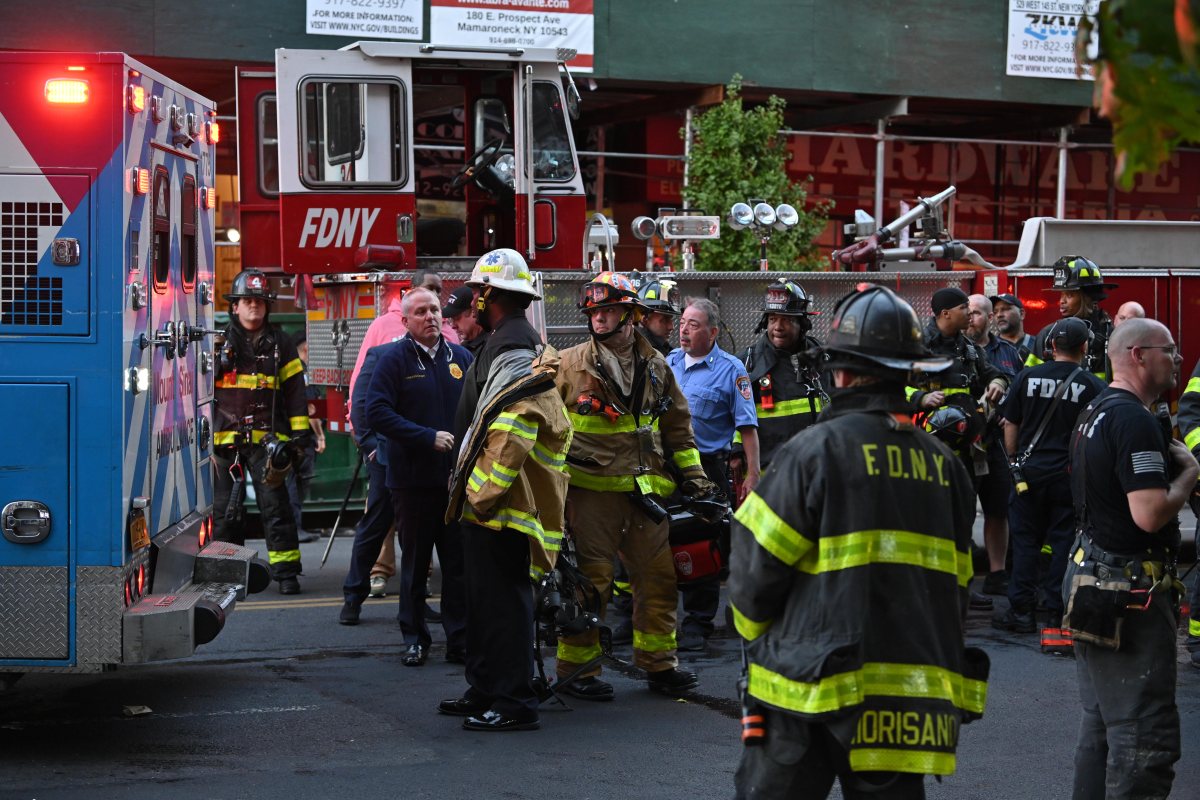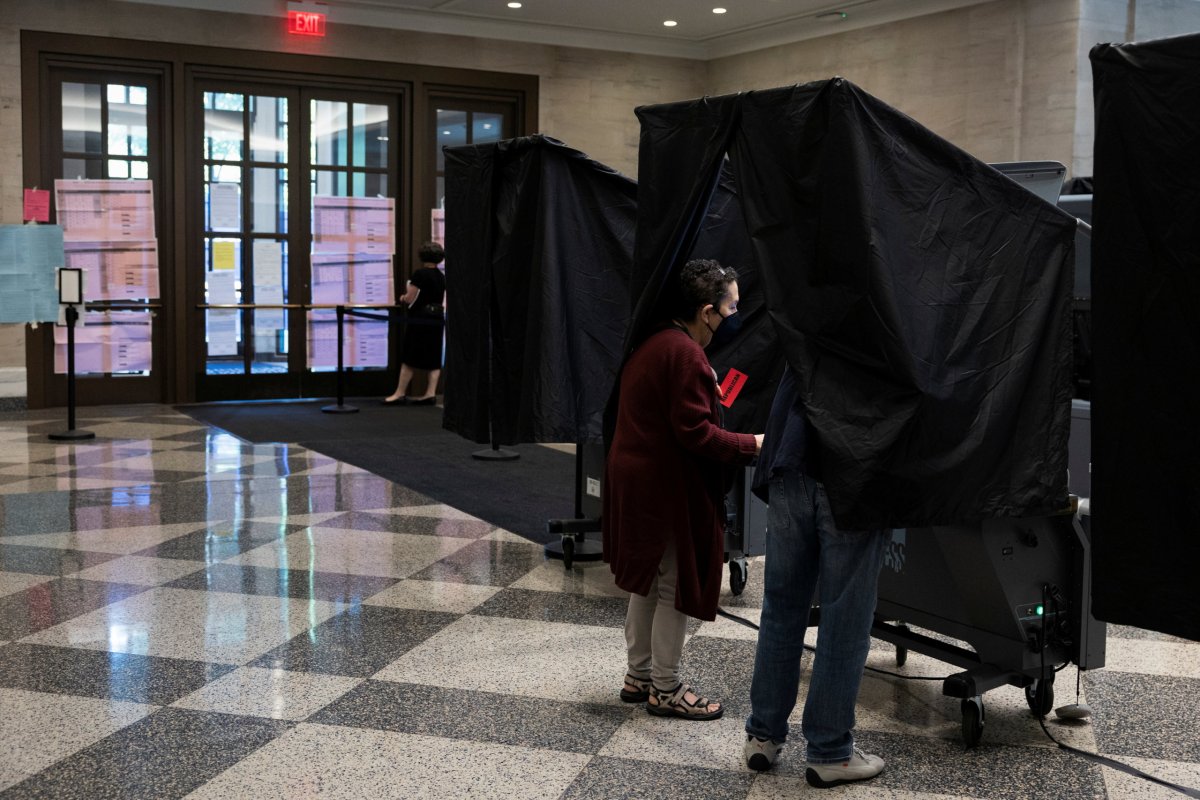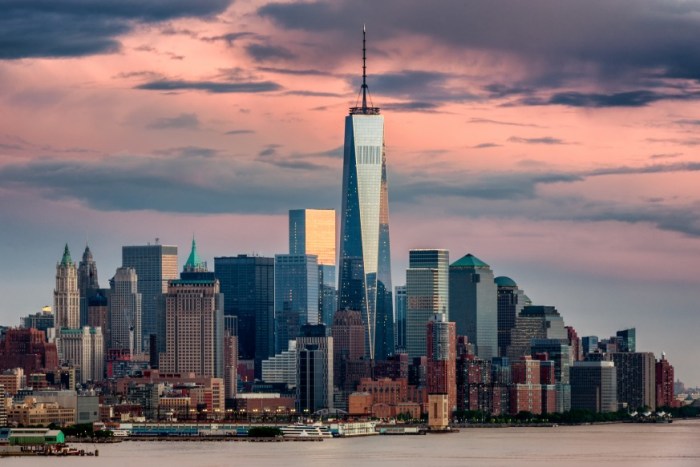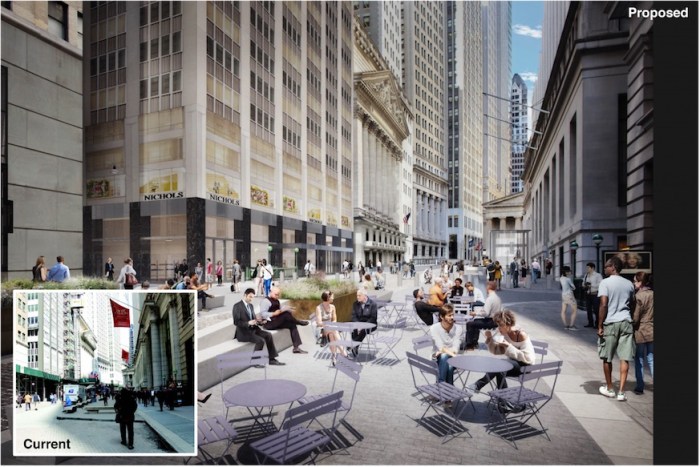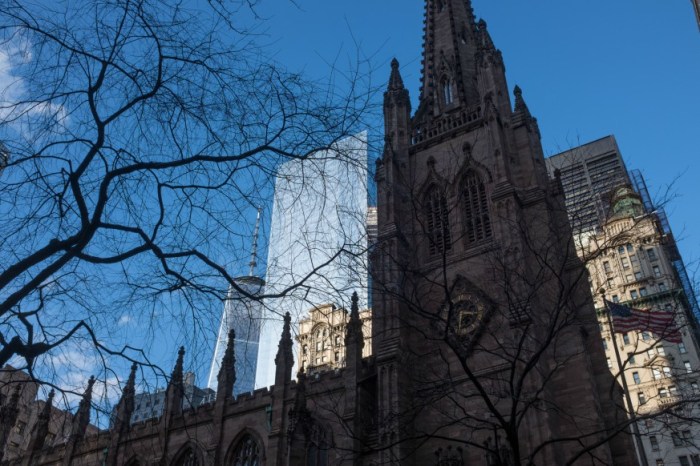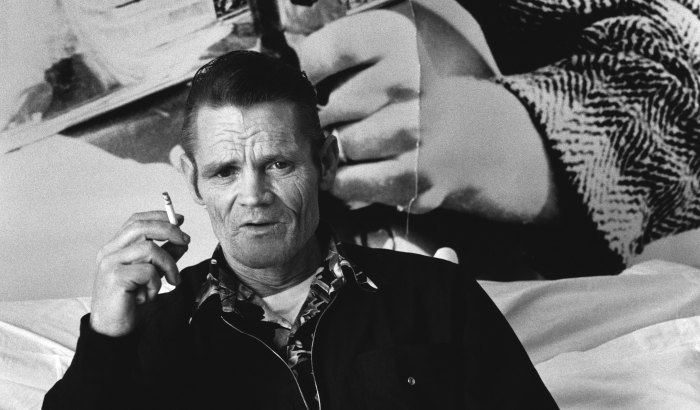Ticket touters, those individuals who try to entice you to purchase ticket to the landmark they’re usually found lingering near, are an everyday sight in New York City. But while you can usually, in typical New Yorker fashion, just sidestep them to go about your way, many people do fall prey to those who often hawk fake passes.
To stop the scamming — and the aggressive practices of ticket touters for Statue of Liberty visits —Downtown Alliance on Thursday took matters into its own hands. The organization suspended five of the 36 stops on its free Downtown Connection bus, which connects South Street Seaport to Battery Park City.
“This has been a problem for a few years, a building problem, but one that hit a crescendo this summer,” Downtown Alliance President Jessica Lappin told Metro. “Our bus is a way to help people get around the neighborhood, primarily for people who live and work there, but tourists often use it, too.”
What are ticket touters doing?

Issues near the Statue of Liberty include the ticket touters fighting over turf and getting aggressive with tourists in the area. More-serious offenses include the individuals selling unsuspecting tourists tickets to the Statue of Liberty on a boat that leaves from New Jersey, Lappin explained. She added that touters also often try to halt, board or try to get people onto Downtown Connection buses.
To fend off pushy ticket touters, Battery Park City-bound Downtown Connection buses will not stop at State Street/Bridge Street, Battery Place/Washington Street or Battery Place/West Street. South Street Seaport-bound buses will skip Battery Place/West Street and Battery Place/Greenwich Street.
“This will be in effect through Labor Day, then we’ll reassess,” Lappin said.
While it is too early to see what effect the suspension will have on the behavior of ticket touters, there haven’t been any major complaints from Downtown Connection riders.
While Lappin praised the enforcement of the NYPD’s 1st Precinct on Lower Manhattan ticket touters, she said “third-party sellers should be banned, and that requires legislation.”

